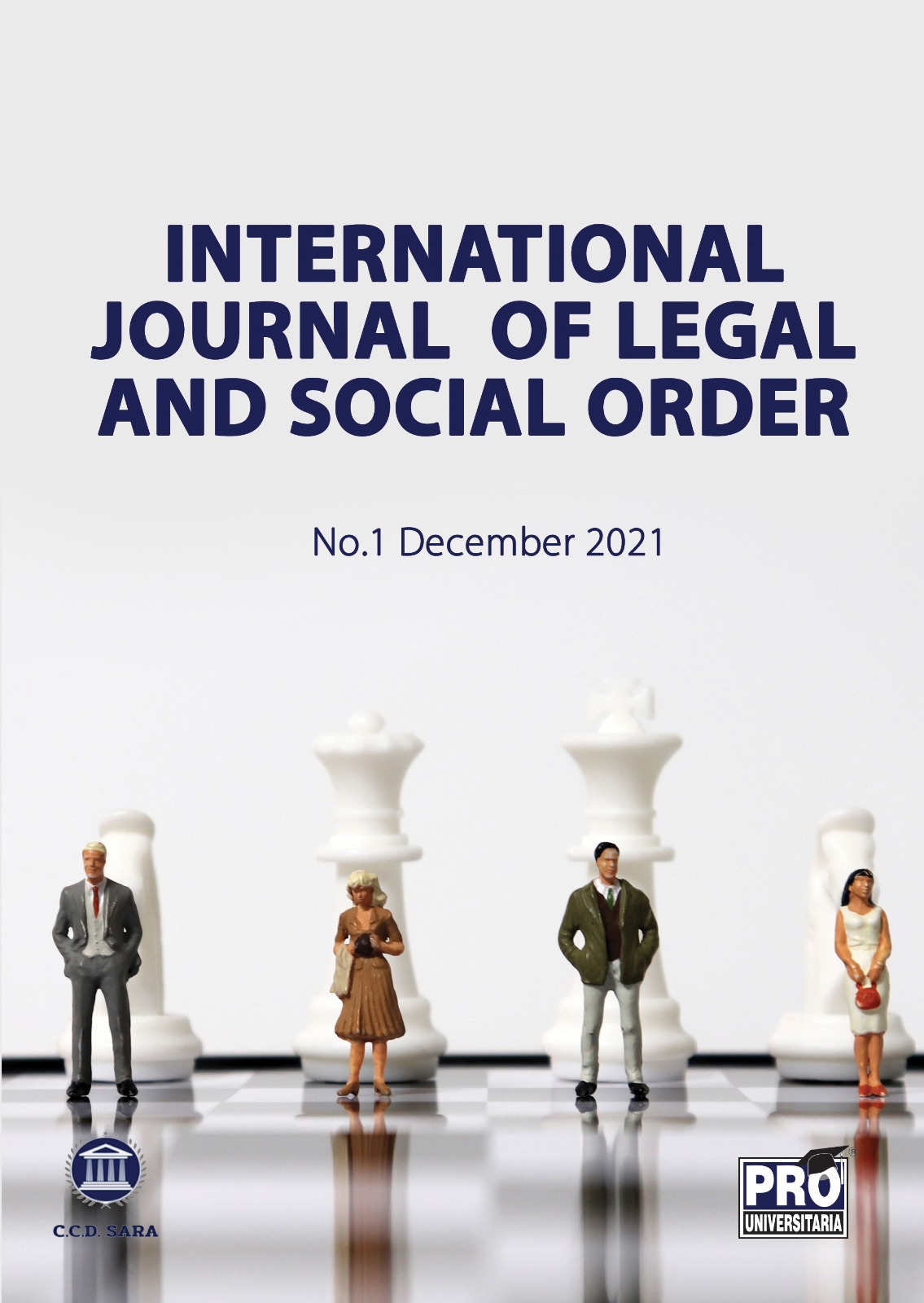PHISHING ATTACKS, AS A FAVOURABLE CONDITION FOR TERRORIST ACTIVITIES
DOI:
https://doi.org/10.55516/ijlso.v1i1.50Keywords:
cyberspace, computer virus, phishing, cybercrime, terrorismAbstract
Since attacks of a phishing type can be included in the category of cybercrime, this paper is aimed at presenting some theoretical aspects specific to this type of criminal offence, the goal being to create logical arguments that would result in conclusions liable to be put to use, but also some methods for counteracting this offence in an incipient stage. These cyber attacks are usually based on a user’s ignorance about the ease with which he is making available, in a virtual environment, his bank account details, credit card details, other personal data, including access passwords. Thus, the money present in the bank accounts, which constitutes the material object of the offence, will be used, without the knowledge of the legal holders, by hackers for banking transactions, which are difficult to follow, in order to finance terrorist activities.
References
Directive (EU) 2017/541 of the European Parliament and of the Council of 15th March 2017 on combating terrorism and replacing Council Framework Decision 2002/475/JHA and amending Council Decision 2005/671/JHA, published in Official Journal of the European Union, L 88, 31st March 2017, the Romanian version being published in the Official Journal of the European Union L88/6 of 31st March 2017.
Law no. 286 of 17th July 2009 on the Criminal Code, published in the Official Journal no. 510 of 24th July 2009, updated.
Law no. 535 of 25th November 2004 on preventing and combating terrorism, published in the Official Journal no. 1161 of 8th December 2004, with subsequent amendments and additions.
Lascu Ioan, Incriminarea penală a unor fapte de spălare a banilor (The Criminalization of Money Laundering Acts), Revista Pro-Lege (Pro-Law Journal) no. 4/2001.
Neagoe Visarion, Borșa Silviu-Stelian, Riscuri și amenințări cibernetice la adresa securității internaționale. Terorismul cibernetic - un flagel care amenință securitatea globală (Cyber Risks and Threats to International Security. Cyber Terrorism – a Scourge Threatening Global Security), Revista de Științe Militare (Journal of Military Sciences) no. 4/2016.
Sophie Anderson, Ce este phishing-ul? Ghid Simplu cu Exemple (What Is Phishing? Simple Guide with Examples), source: https://ro.safetydetectives.com/blog/ce-este-phishing-ul/, website accessed on 27th October 2021.
Phishing - metoda de furt de identitate - ce este și cum îl evitam - Banca Transilvania ((Phishing - the Method of Identity Theft – What It Is and How to Avoid It - Banca Transilvania) source: https://www.bancatransilvania.ro/securitatea-informatiilor/despre-phishing/, website accessed on 27th October 2021.


